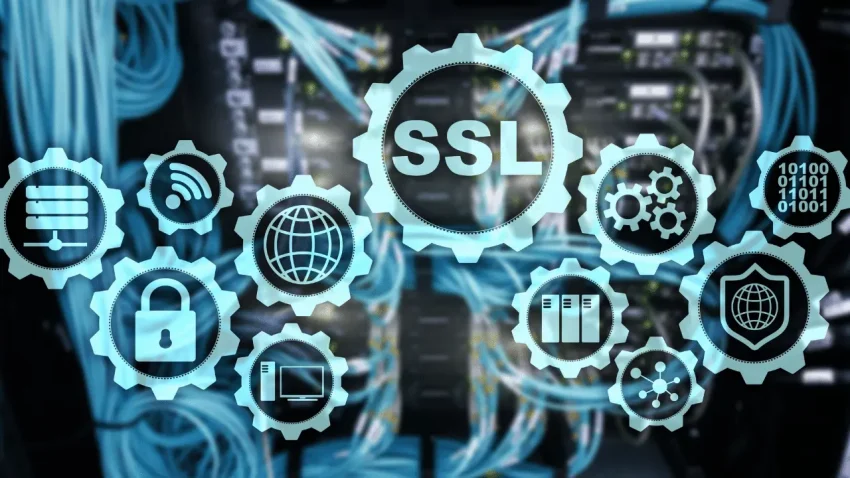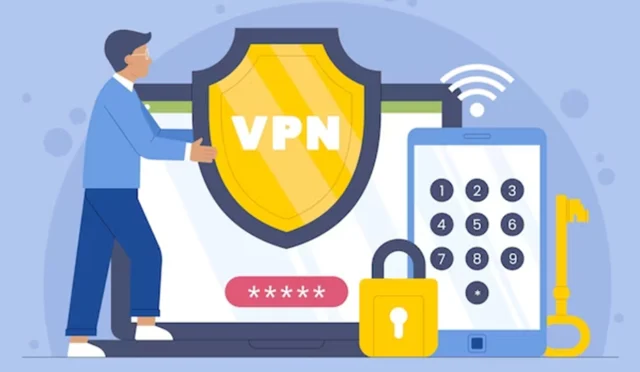Social media marketing has become a vital component of many businesses marketing strategies. It provides an excellent opportunity for businesses to reach out to customers and create a strong online presence.
However, with this opportunity comes risk. Social media platforms are often targets for hackers and other malicious actors, which can put both businesses and their customers at risk.
In this article, we will discuss the importance of secure social media marketing and provide tips for keeping your business and customers safe. By implementing these security measures, you can protect your brand reputation and ensure the safety of your customers’ data.
The Risks of Social Media Marketing
There are several risks associated with social media marketing that businesses need to be aware of. One of the most significant risks is the potential for security breaches. Hackers and other malicious actors can target social media accounts to gain access to sensitive information such as customer data, login credentials, and financial information. To avoid such situation, an SSL certificate is essential. Few branded SSL certs include RapidSSL certificate, Comodo Wildcard SSL, GlobalSign SSL can secure the site easily and at low price.
Another risk is the spread of misinformation or fake news, which can harm a business’s reputation and erode customer trust. In addition, social media platforms are also vulnerable to cyber attacks such as phishing scams, malware, and ransomware, which can compromise business operations and cause financial losses.
Finally, businesses can face legal issues if they violate social media platform’s terms of service or fail to comply with privacy laws. The consequences of these risks can be severe, including reputational damage, financial losses, and legal action. Businesses need to understand these risks and take steps to mitigate them.
Best Practices for Secure Social Media Marketing
To ensure secure social media marketing, businesses should follow best practices to protect their accounts and their customers’ data. Here are some tips:
- Use strong passwords and implement two-factor authentication (2FA) to prevent unauthorized access to your accounts.
- Limit the number of people who have access to your social media accounts and use role-based access control to restrict privileges.
- Regularly monitor your accounts for suspicious activity and unauthorized access.
- Only share content that protects customer privacy and data, and obtain explicit consent before sharing any personal information.
- Train your employees on secure social media practices and protocols to reduce the risk of human error and minimize the impact of a security breach.
- Educate your customers on how to stay safe when interacting with your brand on social media, such as avoiding clicking on suspicious links or providing personal information in public comments.
- Stay up to date with the latest social media platform updates and security patches to address any known vulnerabilities.
Educating Your Team and Customers
Educating your team and customers on secure social media practices is crucial to ensure the safety of your accounts and customers’ data. Here are some tips:
- Train your employees on secure social media practices, including password management, recognizing phishing scams, and responding to security breaches.
- Develop protocols for handling sensitive information and communicate them clearly to your team.
- Conduct regular training sessions and refreshers to ensure your team stays up to date on the latest security practices.
- Provide customers with guidelines on how to interact with your brand on social media safely, such as avoiding clicking on suspicious links or sharing personal information in public comments.
- Include security and privacy information on your website, including a privacy policy and information on how to report any suspicious activity.
By educating your team and customers on secure social media practices, you can reduce the risk of human error and minimize the impact of a security breach. It can also help build trust with your customers and demonstrate your commitment to protecting their data.
Monitoring and Responding to Security Breaches
Monitoring and responding to security breaches is critical to minimize the impact on your business and customers. Here are some tips:
- Regularly monitor your social media accounts for suspicious activity and unauthorized access.
- Have a response plan in place in case of a security breach, including steps for containment, investigation, and communication.
- Communicate with affected customers promptly and transparently, providing them with information on the breach, what actions you are taking to address it, and any steps they should take to protect their data.
- Work with law enforcement and third-party security experts to investigate the breach and take steps to prevent it from happening again.
- Review and update your security protocols and response plan regularly to ensure they remain effective.
By monitoring your social media accounts and responding promptly to security breaches, you can minimize the impact on your business and customers. It can also help to build trust with your customers and demonstrate your commitment to protecting their data.
Conclusion
social media marketing is a valuable tool for businesses to reach out to customers and build a strong online presence. However, it also comes with significant risks, including security breaches, spread of misinformation, and legal issues. By following best practices for secure social media marketing, including using strong passwords, limiting access, and educating your team and customers, businesses can mitigate these risks and protect their accounts and customers’ data.
It is also crucial to monitor your accounts regularly for suspicious activity and have a response plan in place in case of a security breach. By taking these steps, businesses can build trust with their customers and maintain their reputation in the digital world. Secure social media marketing is an ongoing effort that requires constant attention and adaptation to new threats. It is essential to remain vigilant and up-to-date with the latest security practices to keep your business and customers safe.







